When Freedom Tips into Disorder: Reflections from a Birthday Party
The other day I was at a child’s birthday party, it was a big outdoor gathering with snacks, balloons, and a hired clown to entertain the kids for an hour. It seemed like a joyful, low-pressure event, until something happened that gave me a lot to reflect on.
All the children at this party go to a “free play” school, the kind that emphasizes autonomy and non-coercive learning. I’ve always appreciated the concept of children learning through curiosity, guided by their natural interests, unburdened by rigid systems. But I’ve also carried quiet skepticism in what I have seen. Sometimes what’s labeled “freedom” can begin to look more like anarchy.
That day, the line between the two became sharply visible.
The clown, whom we’ve seen perform before with great success, tried several times to gather the children to start his show. His efforts were ignored. After a few more attempts, including urging the parents to help rally the kids, the show finally began, but the atmosphere never really shifted. The children wouldn’t sit down. They weren’t just distracted or restless, they were openly defiant.
A pair of siblings, in particular, began to heckle the clown, mocking him and disrupting his rhythm. Other children began to follow their lead. At one point, the clown asked the brother to be quiet and the sister escalated to threatening him. I watched, stunned, as their parents and teachers looked on silently. Even the teacher whose child’s birthday it was said and did nothing.
Only toward the end, maybe fifteen minutes before the show was supposed to finish, did the father of the disruptive children step in and say, “That’s enough.” But by then, the damage was done. The show was a shadow of what it could have been, and the energy of the party had turned strange and sour. Most were looking for their escape, myself included.
Freedom Without Boundaries Isn’t Freedom
What unsettled me most wasn’t just that the show failed. It was the absence of structure, of respect, of boundaries all in the name of freedom.
I believe in letting children explore. I believe in giving them space to express themselves, make choices, and fall down. But what I witnessed wasn’t freedom, it was a vacuum of authority, where no one felt empowered to step in, even when kindness and mutual respect were clearly missing.
Afterward, I spoke with my own child about what had happened. We remembered how fun the clown’s show had been in other settings. I asked her:
“What happens if we try to play soccer, but everyone makes up their own rules?”
“What if we play a board game, and no one agrees how it’s played?”
She got it. Because even children know that freedom depends on shared structure, some form of cooperation makes things possible.
Are We Teaching Resilience, or Rebellion at Any Cost?
There’s another layer to this. Had that clown been a predator, these children’s refusal to follow adult direction might’ve been seen as a good thing.They’re not blindly obedient, but what I witnessed wasn’t discernment. It was blanket opposition to any external input, even benign and joyful ones.
That’s not protection. That’s a kind of wild resistance that leaves children without tools to participate in community or to enjoy shared experiences.
So yes, I’m a little worried. Not about free play, but about how many parents are embracing “no discipline” as if it’s the same as conscious parenting. There’s a middle ground between authoritarian control and unanchored chaos. A space where children can be sovereign and respectful. Where adults can offer guidance without domination.
Because if we don’t teach our children how to sit, listen, share joy, or recognize when someone is genuinely offering connection…
What are we really teaching them?



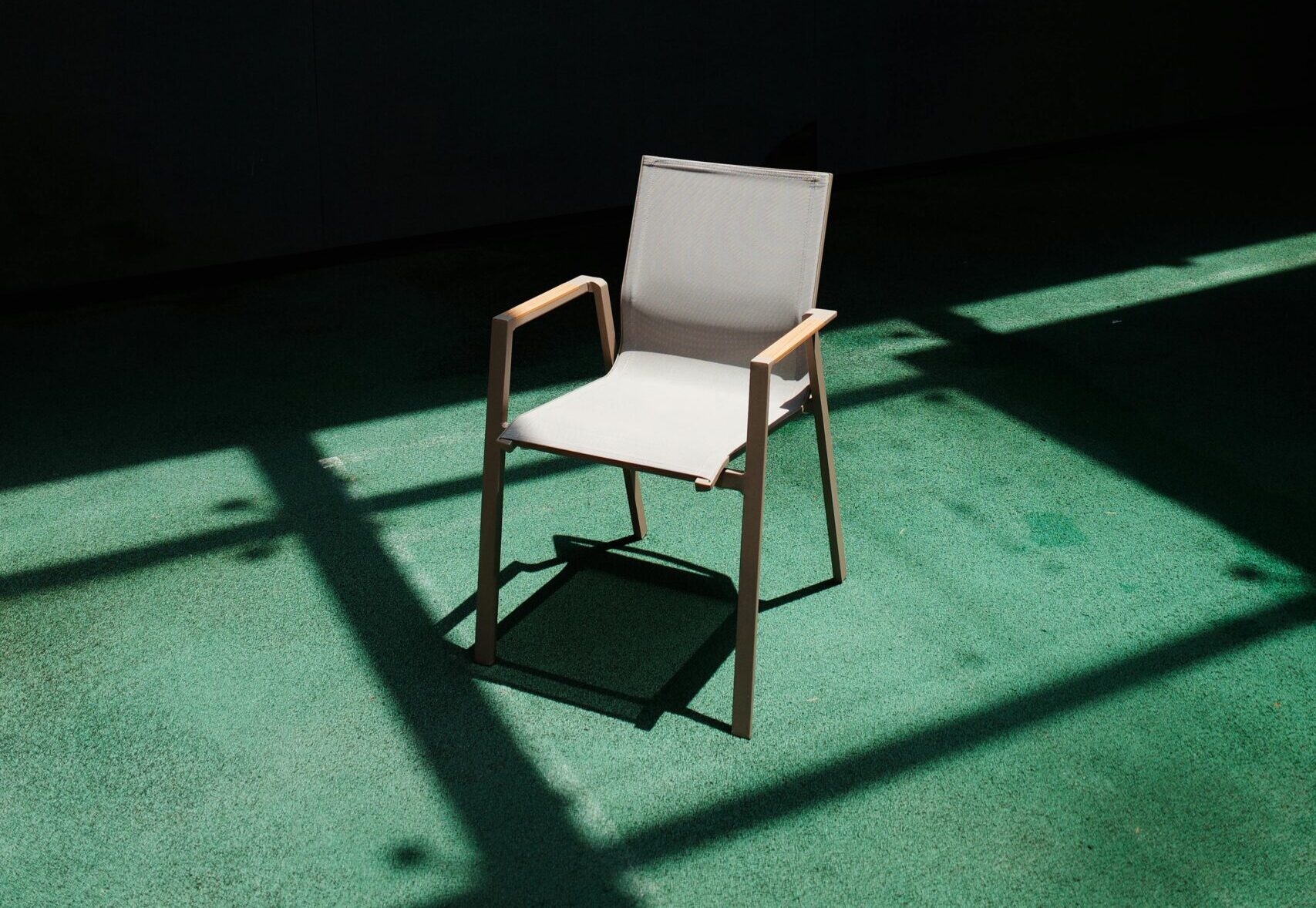
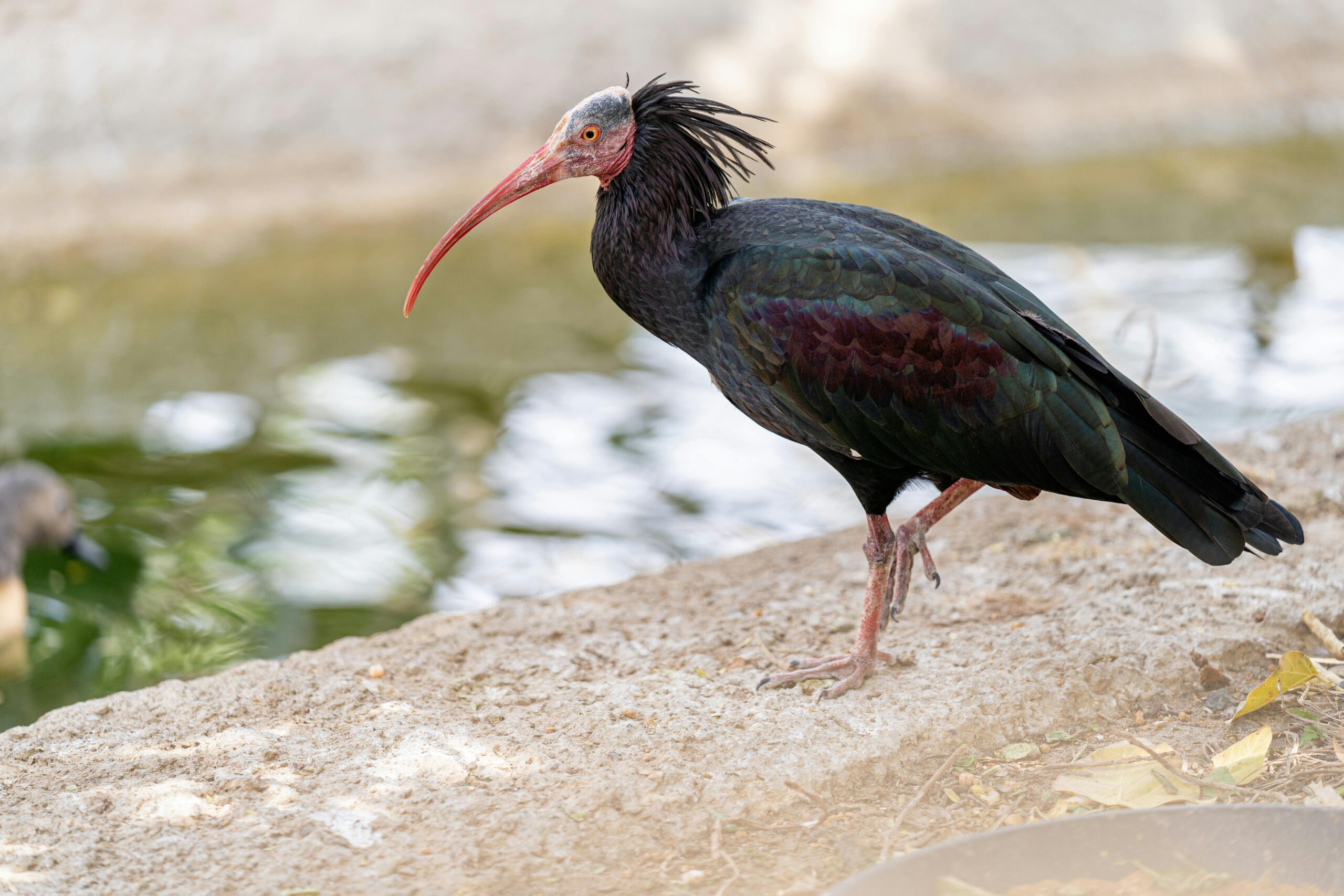





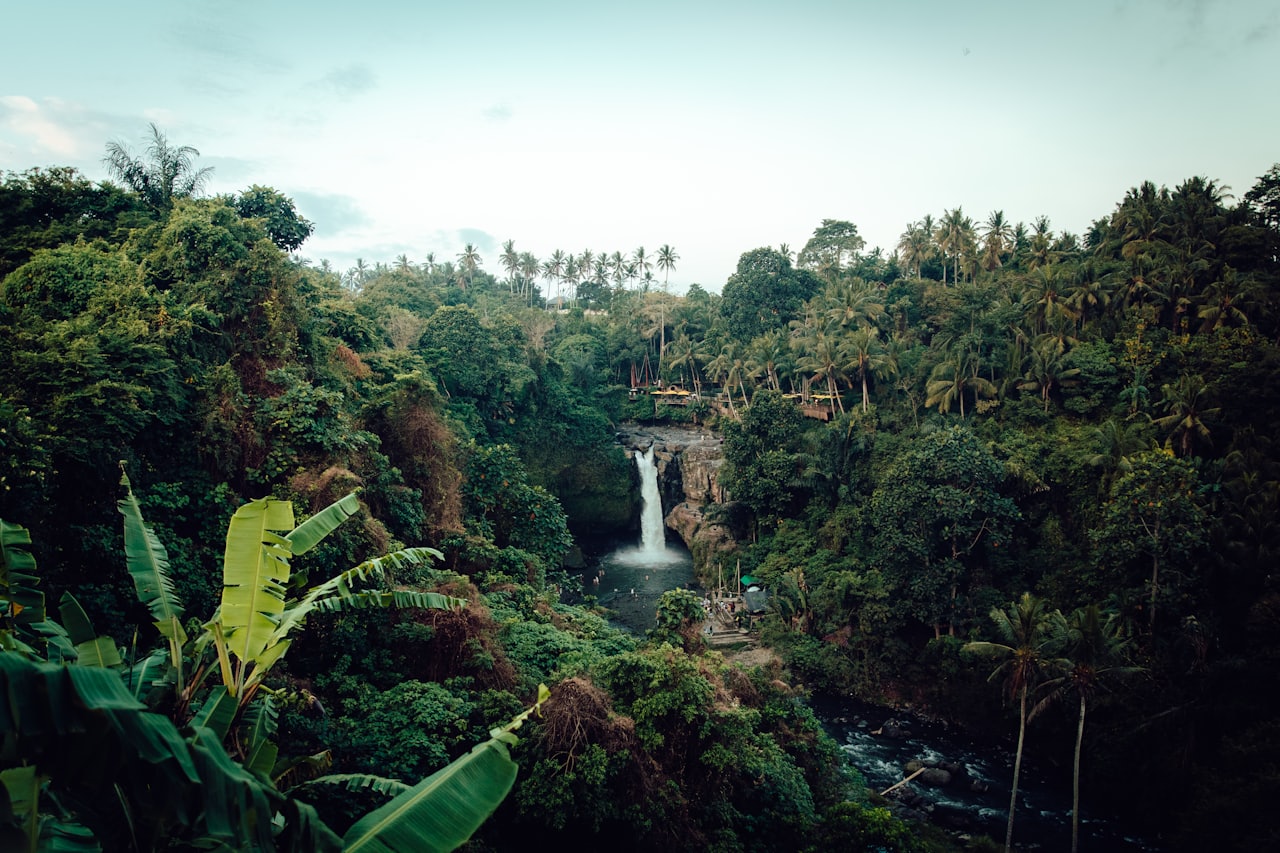
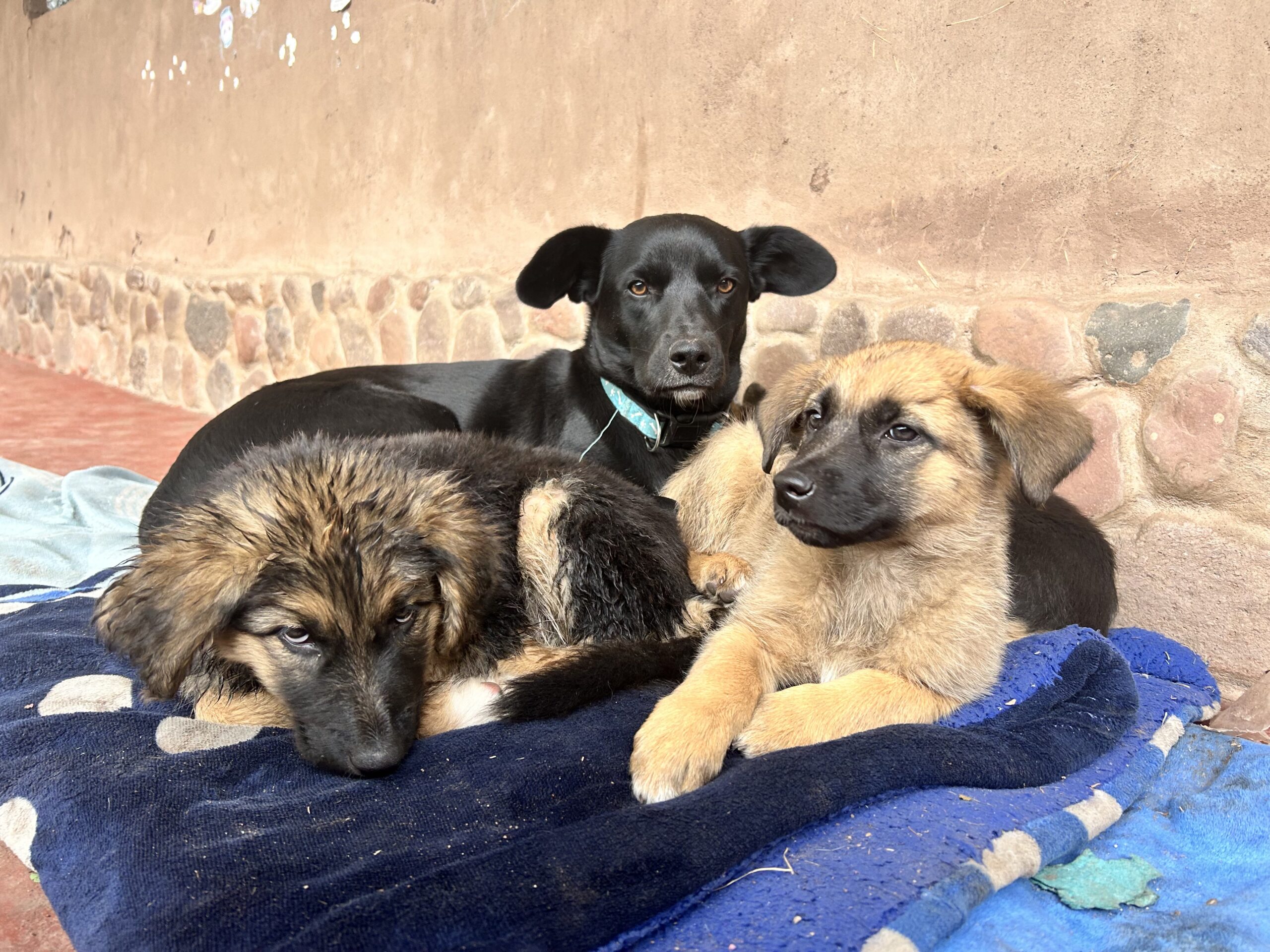


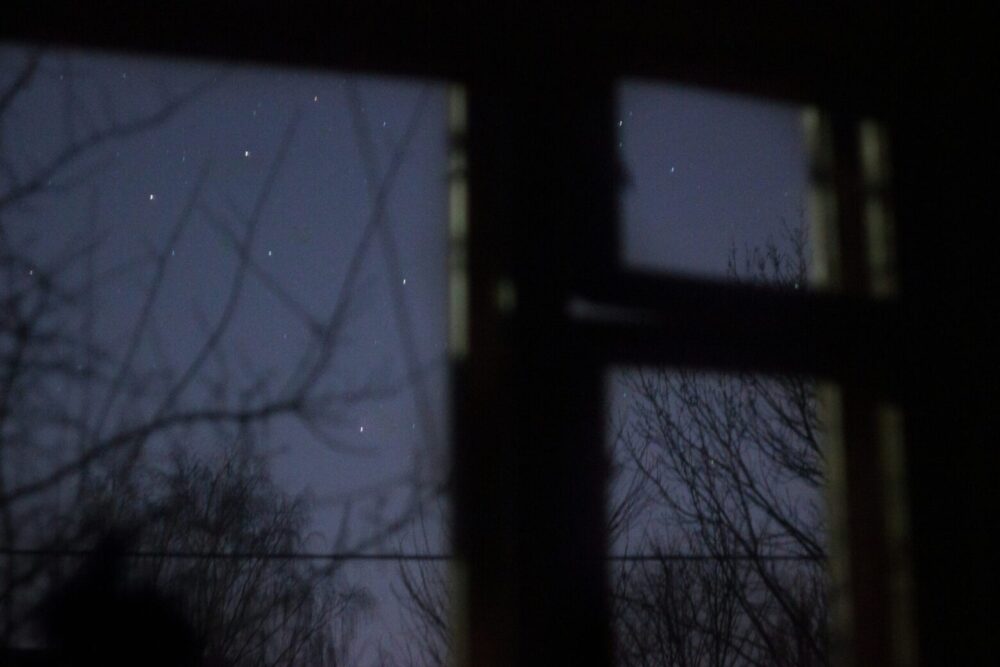
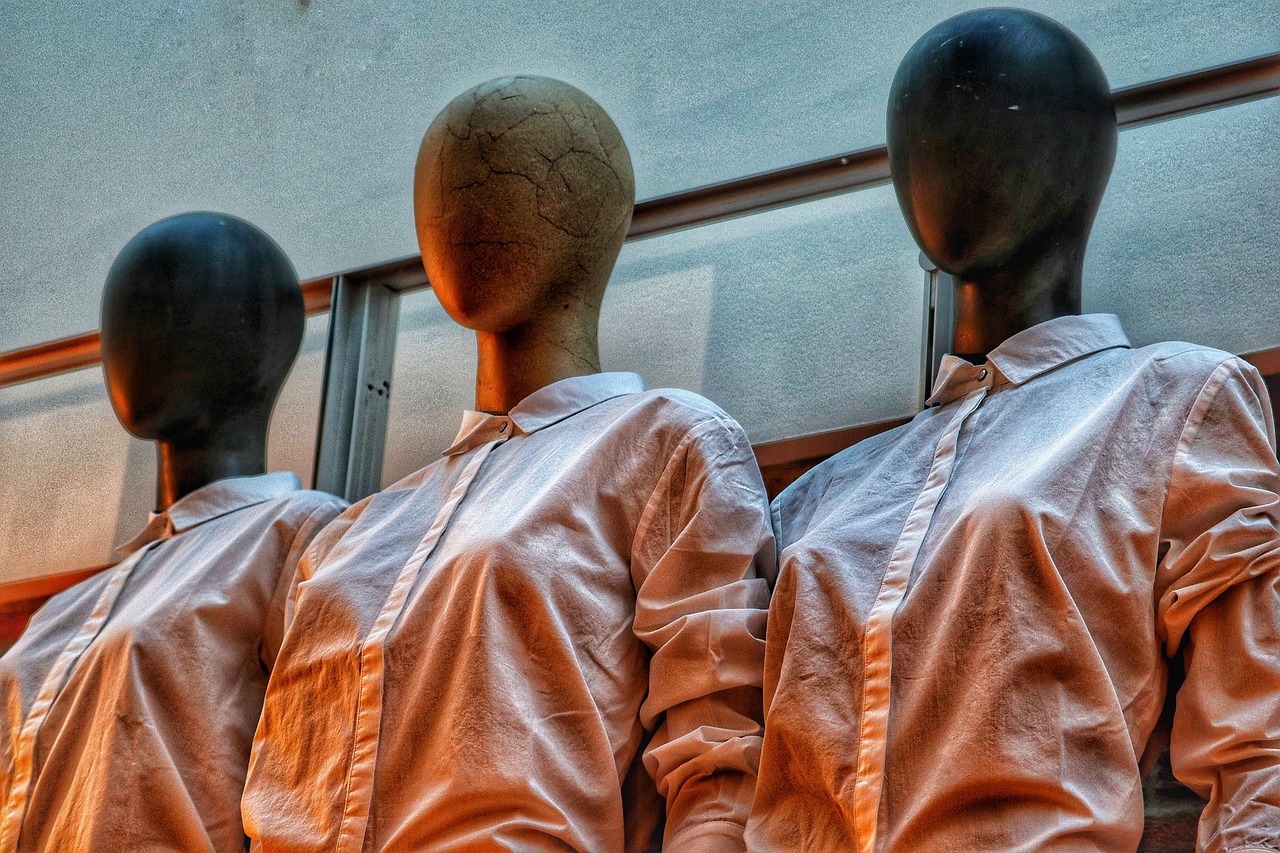
Leave a Reply